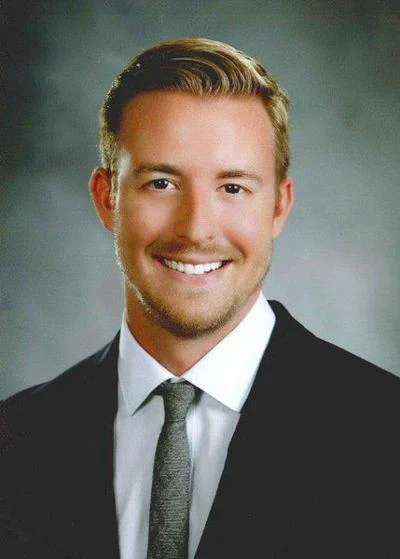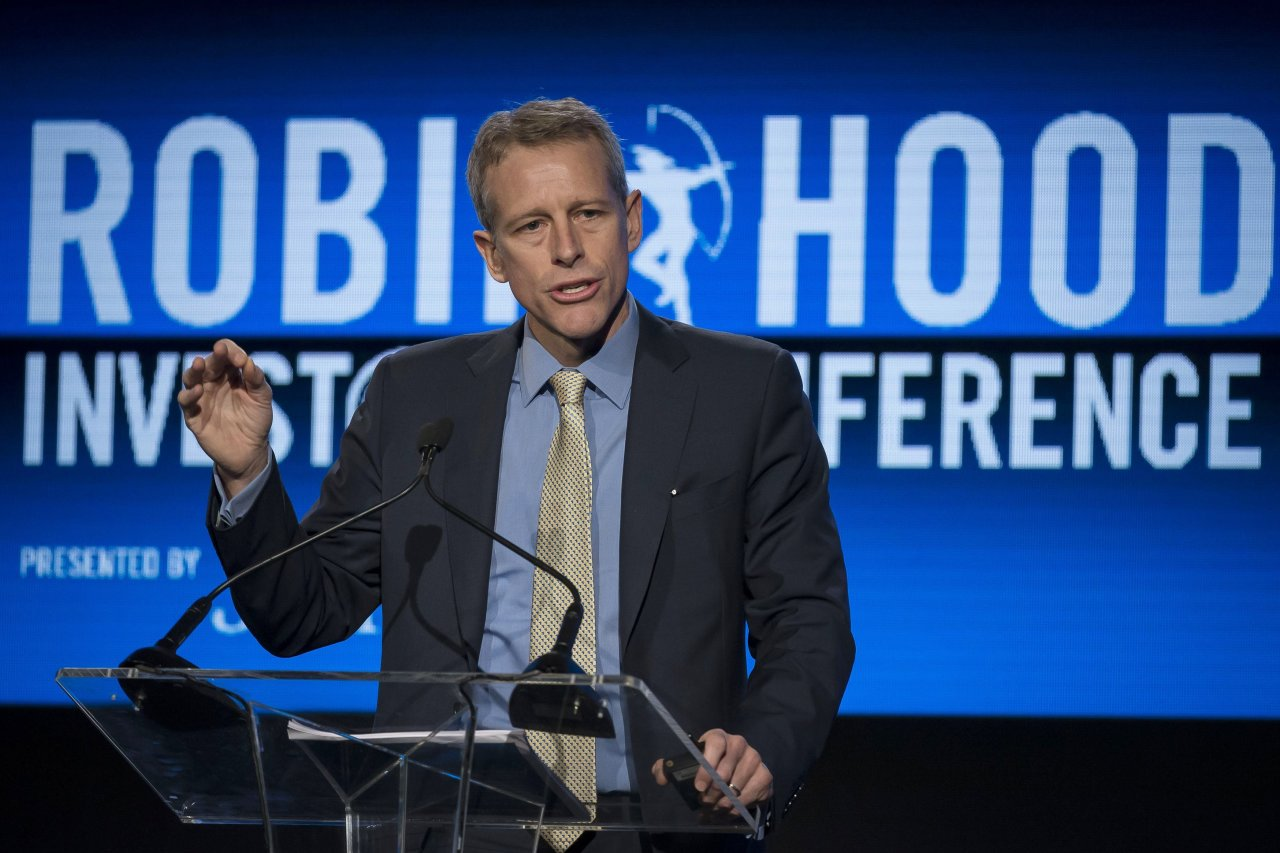Anecdotally, we know something is happening. We see more stories like this one from Bettendorf, Iowa, about a middle schools that is descending into chaos because students are "out of control." We see more "trending" stories treating student disruption as an oncoming issue. And if you talk to teachers, you hear stories. You hear phrases like "I've never seen it so bad." We even have some attempts to try to collect some hard data on what exactly is happening.
Most every seems to sense, anecdotally, that something is happening, and it's not good.
But--and I cannot stress this enough--the most useful response to this particular moment is not to automatically reach for the script for our favorite analysis of good guys and bad guys. In the few months, I've seen all of the following proposed as the root the current wave of behavior issues.
* After two+ years of pandemic pause, students have lost much of the skill of Doing School, including the part about functioning socially in a group of other small humans.
* The general atmosphere of hostility toward public schools and the teachers who work there has now percolated down and is manifesting itself in students' disrespectful behavior.
* Too much Restorative Justice.
* Too much Restorative Justice implemented badly.
* Too little Restorative Justice.
* The pandemic has generated unprecedented trauma in young humans and they are now bringing that trauma to school with them.
* Teachers are big babies who get upset over every little thing kids do.
* Teachers are big fascist whose desire to control students is finally being justly thwarted.
* Parents won't let their children suffer the appropriate consequences of bad behavior and demand that administrators do the same.
* Permissive progressive policies.
* Repressive ed reform policies.
* Administrators are so scared of parents with lawyers that they won't draw any line anywhere.
And of course...
*Blah blah blah blah kids these days.
In most cases, what I'm seeing is people pulling out there pre-existing "This is what's causing trouble in education right now..." and slapping it onto the student behavior issue. That strikes me as a big mistake. Here are the things I believe are useful and true about this issue.
* Most of the problems are both complex and local. Therefor, there will not be a single solution that can be applied on any sort of scale. What works in East Egg this year may not work in West Egg--or in East Egg two years from now.
* Talk to--and listen to-- the students. They may not be loaded with deep insights about the human condition, but they are the ones closest to the problems.
* Talk to-- and listen to-- staff. They are also right there on the ground where it's all happening.
* School climate is complex. If leaders are not taking deliberate steps to shape it in positive directions, it will drift wherever the winds take it, and in case you haven't noticed, the weather is pretty rough right now.
Maintaining a positive school climate is always a challenge, an attempt to hit a moving target from fifty yards with a feather in a snowstorm. It almost always requires a balance between extremes, and yet it is the extremes that somehow end up dominating too many of these conversations. Maintaining a safe and functional school requires firm, well-maintained boundaries, but keeping students (and staff) crushed under the administrative thumb is not good.
Mostly what this moment needs is the people in charge to ask, seriously, "What is going on here?" with a willingness to look for the answer and not just confirmation of their favorite policy ideas. This kind of disorder in schools certainly isn't helping hold on to teachers, and it's not good for students at all. Anecdotally, we need school leaders to get a handle on this.





